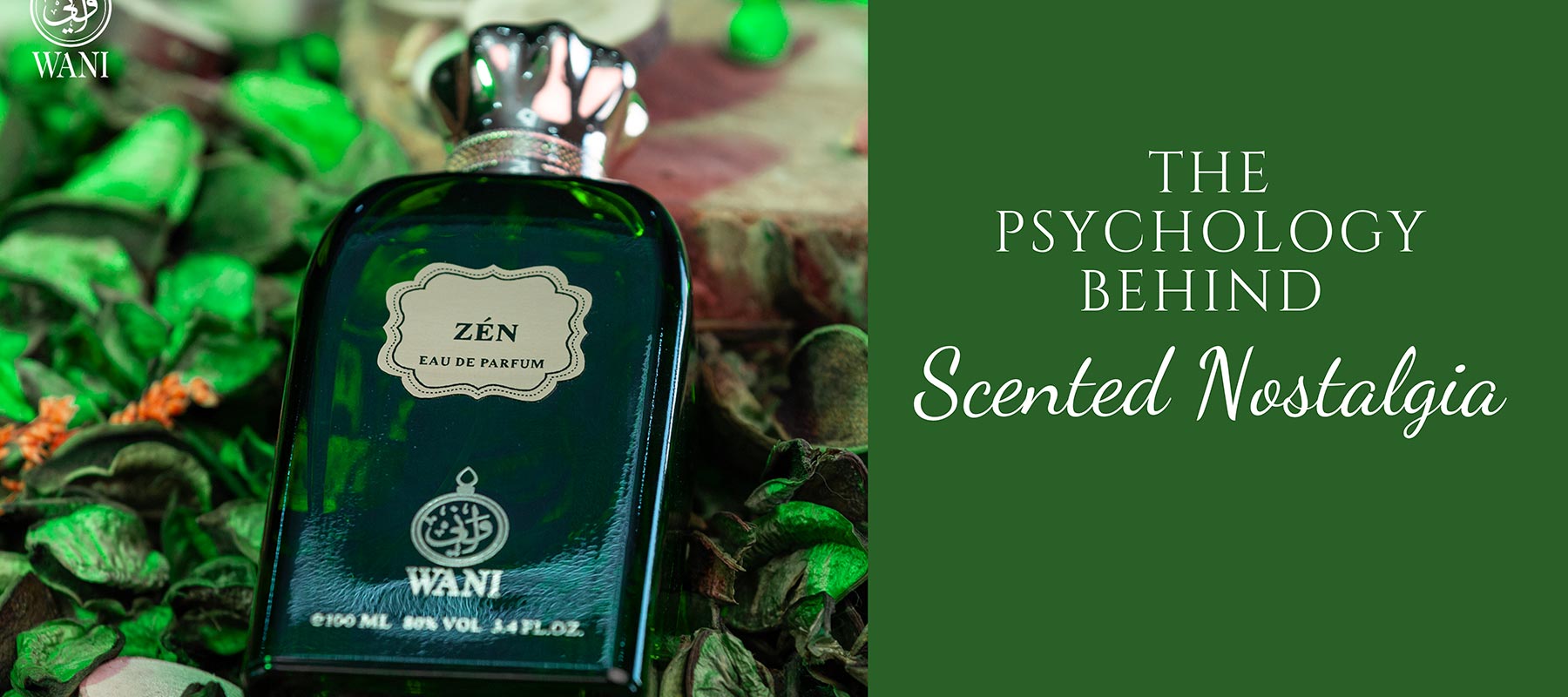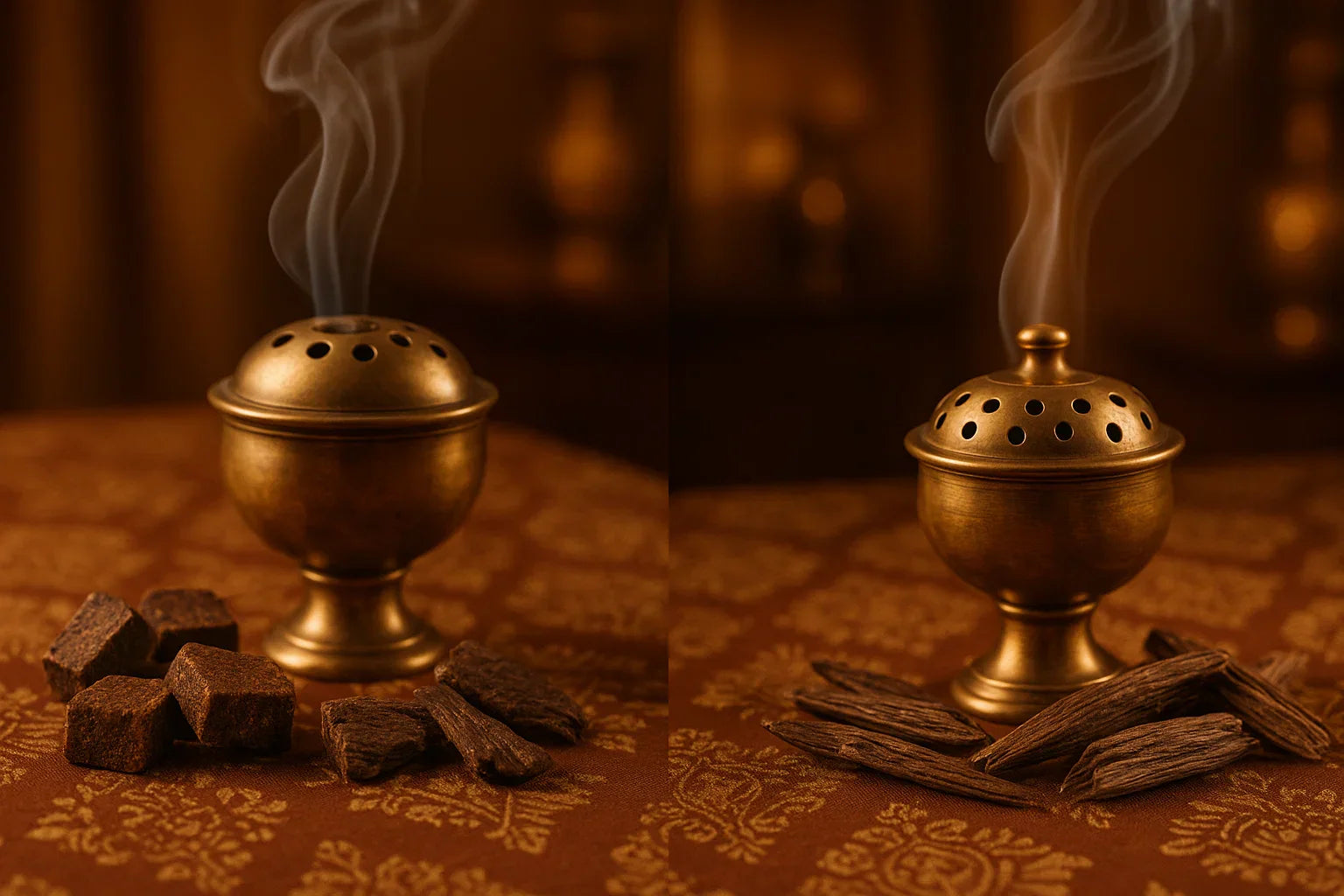
The Psychology Behind Scented Nostalgia
Why does the smell of freshly baked cookies spark vivid childhood memories of your grandma’s homemade baking? Why does the scent of a woman’s perfume standing in the elevator transport you into the arms of your mom? What is behind all this scented nostalgia?
Unsurprisingly, there’s science behind this phenomenon. According to a study, our brain plays a key role in inducing these nostalgic episodes whenever we interact with a familiar fragrance. Whenever you smell a new fragrance that has a certain impact on you, your brain logs it in the database that stores long-term memories.
This is the reason certain odors take you away in time and make you wish that you were there in the past. Depending on your experience, you will have a positive association with certain fragrances whereas a negative association with others. To keep learning about this fascinating scent-related science, keep on reading this article.
How it Works
When you first detect an odor, the scent smell particles enter your nose cavity that generates an impulse to your brain through the olfactory nerve. This neural input first enters a specific region in your brain called the olfactory bulb where all the data related to odors is processed. After that, the scent-related information is transferred to other parts, which collectively make up the limbic system.
The limbic system plays a key role in human behavior and interaction. It is a collection of interlinked structures that are involved in processing emotions and memories. Scientists consider it as the primitive part of our brain, as this exact mutually dependent structure was present in the earliest mammals. Understanding this complex system can potentially help us determine the reasons why smell directly affects our memory, mood, and emotions.
Smell and Emotion
In addition to having a direct impact on our memory, the sense of smell is also responsible for altering our emotions. The perfume industry has utilized this knowledge to boost its sales, as modern-day perfumers know that they can trigger certain feelings in customers with the help of scents, such as desire, happiness, and calmness.
Interestingly, we also tend to rely heavily on our noses while choosing a potential partner. Research shows that humans are able to detect via smell which partner is more genetically compatible for them. This is the reason it can be a huge turn-off if you don’t like the body odor of someone you have just met on a first date.
Furthermore, a majority of our emotional response to scents is based on how we associate with them based on our past experiences. Therefore, different people have different smell preferences that are highly influenced by their past associations. For example, one person might find a certain fragrance enriching and rejuvenating, while another person might find it downright nauseating and overpowering.
Nonetheless, there are some odors that we all find off-putting because they are indicative of danger or unpleasant circumstances, such as the smell of fire or the odor of rotten food.
A Particular Type of Memory
According to research conducted by The American Journal of Psychology, memories that are linked with scents are not more accurate than memories linked with other senses, but these smell-induced memories are more emotionally evocative.
You are more likely to get vivid memories from smelling fragrances that you haven’t smelled for a long time. Typically, these scented memories that come with a strong sense of association are developed in early childhood days. However, as mentioned before, the emotional response that each scent can trigger varies from one person to another. Despite the power of the sense of smell on our behavior, we are more likely to remember specific details of a memory acquired through other senses. For example, if you are asked to remember ten words and ten perfume fragrances, you are undoubtedly going to remember the former better.
Associative learning works for almost all of our senses including the sense of smell. Imagine that you develop a daily habit of adding sandalwood essential oil to your bath after a long day at work, as it helps you relieve stress and experience a soothing feeling. Over time, you will start associating the fragrance of sandalwood with calmness and relaxation. And, then, whenever you smell sandalwood you will instantly feel calmer and more focused.
Harnessing the Power of Scent
Multiple research shows that humans are more likely to remember memories clearly when they have a link with a scent. According to Pamela Dalton, Ph.D., MPH, an experimental psychologist, fragrances have the potential of enhancing our abilities to recall information.
In her graduate work, Dalton conducted an experiment in which the study group was asked to look at the faces of strangers in the presence of different scents. The study group’s ability to recognize the faces was at its peak when they had the opportunity of interacting with the same odor that had been present when they first saw those strangers. This has been validated by a number of other experiments on the subject that one’s ability to recall information can be enhanced by incorporating familiar scents.
While it’s always an enjoyable experience to indulge in nostalgic fragrances, scents can also help you to alleviate sadness and depression. This is the reason healing treatments such as aromatherapy and scented baths are becoming popular these days.
Conclusion
Despite the fact that we tend to rely on vision more than any of our other senses, our sense of smell still has the power to trigger a unique scented nostalgia. Perhaps the scent perfume that you find off-putting today will be associated with a precious memory in years to come.
So, if a certain scent strikes you with vivid memories of the past, it is clear that it is just your brain playing tricks over your conscious mind by reliving long-forgotten nostalgic memories. On the other hand, if a sudden whiff of freshly baked bread reminds you of your parents, go ahead and give them a call. It will definitely make their day.







